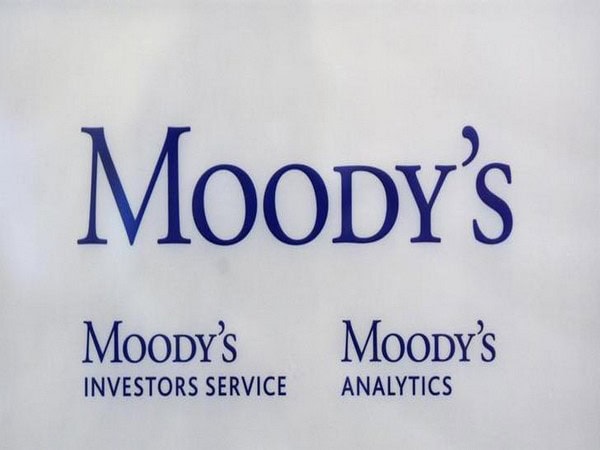New York: Credit ratings agency Moody’s on Thursday said that it expects India to meet its fiscal deficit target of 3.3.percent of GDP for fiscal 2018-19, based on the incumbent government’s commitment towards fiscal consolidation as well as its “achievable” budget assumptions.
Moody’s Indian affiliate ICRA, however cautioned that rising global crude oil prices could widen India’s Current Account Deficit (CAD) even further.
Moody’s Vice President William Foster said in a statement that the ratings agency expects New Delhi to cut back on planned capital expenditure as it has done in the past to ensure that slippages related to its fiscal targets are contained to manageable limits.
He also said that Moody’s visualizes downside risk on the revenue side because of the government’s assumptions on GST collections and on excise duty accruals from petroleum.
It also predicted that ongoing uncertainty exists around GST implementation and compliance, and warned that this could result in potential revenue loss.
It, however, said that it expects GST compliance to stabilize and revenues to become more predictable as the economy becomes more formalized.
It said the government is likely to reduce excise duty on petroleum and diesel products if the price of global crude continues to remain high. Excise duties make up for over 20 percent of retail selling prices.
On the expenditure side, it said budgetary cost of the new minimum support price formula for agricultural products, could put additional pressure on expenditure.
Moody’s assumes that subsidies on energy products like LPG and kerosene will not change in the near term, but warned that any unexpected pre-election related spending could exert pressure on budgeted expenditure targets.
Moody’s also said that expects the government to formally adopt the new Fiscal Responsibility and Budget Management (FRBM) Act to enhance its existing fiscal policy framework and strengthen policy credibility.
“Use of an official debt rule to bring down the central government debt-t0-GDP ratio to 40 percent by 2025 from about 50 percent today along with a fiscal deficit target roadmap, will serve as key pillars to India’s medium-term fiscal framework,” Moody’s said.
It said new fiscal rules and sustained high nominal GDP growth could even ensure this ratio declining further.
The substantial rise in India’s foreign exchange reserves and increase in its merchandise import bill points to a healthier fiscal environment as compared to what it was last December.
It said that there is a concern over the drop in foreign institutional investment, but predicted healthy FDI, external commercial borrowings and NRI deposit inflows in financial year 2019.
It said that GDP growth would rebound to 7.1 percent in financial year 2019, while average CPI inflation would increase to around 4.9 percent unless central and state taxes are reduced.
Interest rates too could increase over the course of year if the prices of crude oil and various other fuels continues to remain high, said Moody’s and its Indian affiliate ICRA. This, both said, could dampen consumer purchasing power as well as earning across various sectors. (ANI)

